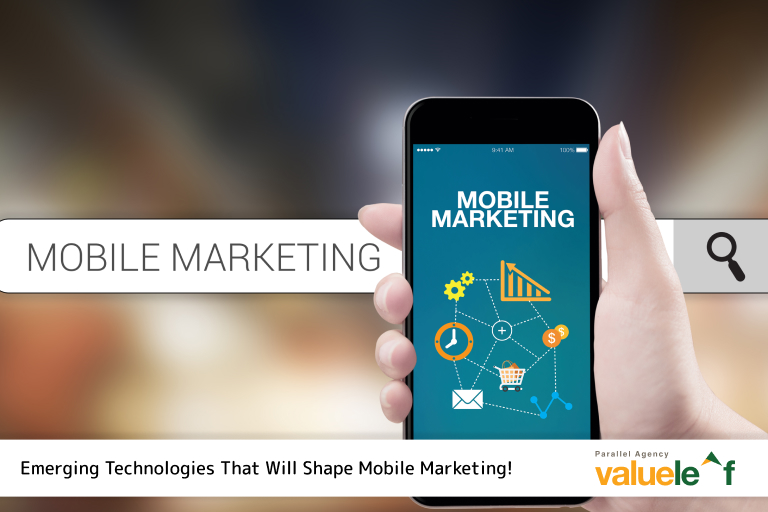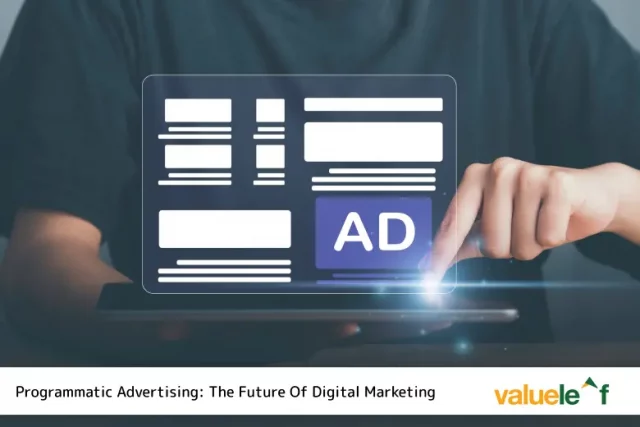Did you know that an average adult spends over 4 hours a day glued to their mobile screens? We live in a hyper-connected world, where smartphones are more than just communication devices. They are our constant companions giving access for everything from entertainment to information, and most importantly, shopping. For marketers, this presents a powerful opportunity: the chance to connect with consumers in a highly personal and immediate way – through mobile marketing.
So, What Is Mobile Marketing?
Activity targeted at users on their mobile devices like smartphones and tablets. It can be through in-app advertising, SMS promotions, or interactive mobile websites, mobile marketing aims to reach the right audience at the right moment, right in their palms.
Its goal? To engage consumers where they spend a significant portion of their time, creating personalized and relevant experiences that drive engagement and conversions.
Are there various types of mobile marketing? Yes. Do they all have the same goal? Also, yes.
Know The Types Of Mobile Marketing
Mobile marketing is brimming with options. Let’s look at some of the most common types of mobile marketing.
SMS Marketing

This involves sending text messages to customers to promote products or services. Simple text messages can be surprisingly effective for driving engagement and loyalty, particularly for time-sensitive promotions or reminders.
Here’s a Suggestion: Direct text messages are still a powerful tool for promotions, alerts, and reminders.
In-App Advertising
These are the ads that appear within mobile applications, rather than on websites or other platforms. In-app advertising can be a very effective way to reach a targeted audience, as users are often more engaged with apps than they are with other forms of media.
What You Have To Do: Reach users within their favourite apps through targeted banner ads, video ads, and native formats.
Push Notifications
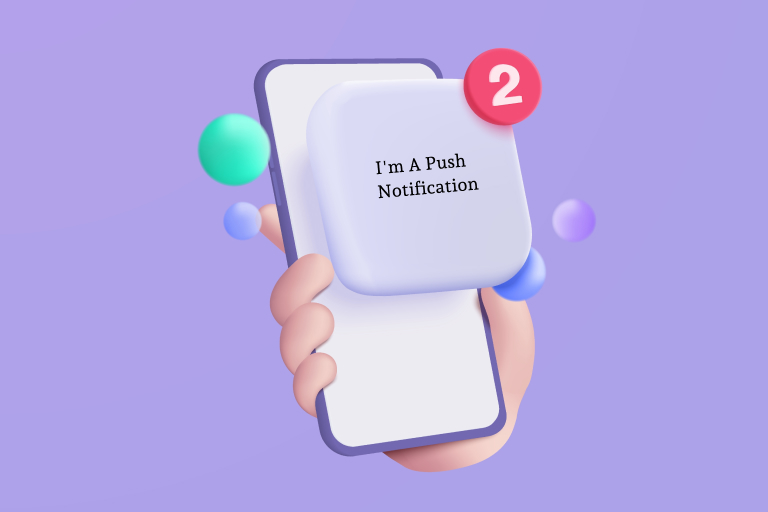
Push notifications are messages that are sent directly to a user’s mobile device, even if they are not using the app at the time. They can be used to promote new products, share news and updates, or remind users to use an app.
Quick Suggestion: Timely messages delivered directly to users’ device screens can drive engagement and conversion.
Location-Based Marketing
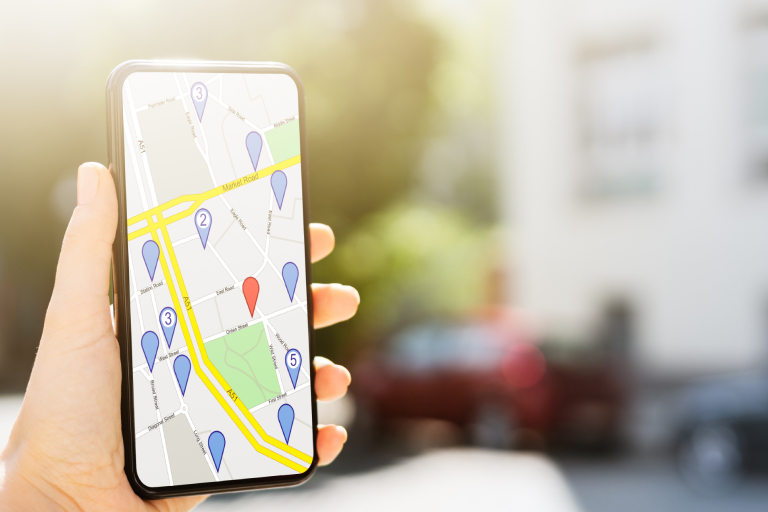
This type of marketing involves sending marketing messages to users based on their location. GPS data allows brands to deliver targeted offers and information based on a user’s physical location creates highly relevant context. For example, a retailer might send a coupon to a customer who is walking past their store.
Here’s A Tip: Target mobile users with personalized offers based on their real-time location and context.
Mobile search engine optimization (SEO)
Involves placing ads on the results pages of mobile search engines. Mobile search advertising can be a very effective way to reach people who are actively looking for products or services.
Little Insight: Ensure your website and app are easily discoverable through mobile search.
Although certain types of mobile marketing may have broader goals, their primary goal is to reach people where they spend time, while creating personalized and relevant experiences that drive engagement and conversions.
Emerging Techniques That Will Shape Mobile Marketing
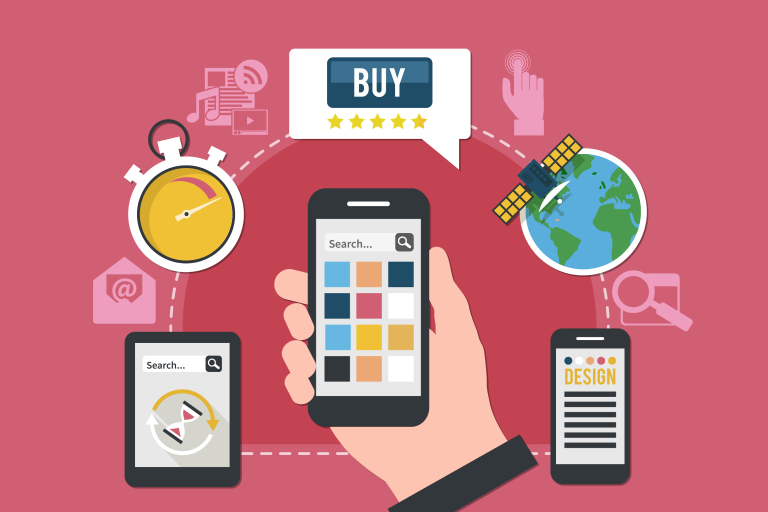
The mobile marketing landscape is constantly evolving, fueled by rapid technological advancements. Here are some emerging technologies poised to significantly shape the future:
- Artificial intelligence (AI): AI-powered personalization is key. Platforms can analyze user data to deliver targeted messaging, predict behavior, and optimize campaigns for better results.
- Augmented reality (AR) and virtual reality (VR): Immersive experiences like AR filters and VR product demos can grab attention, boost engagement, and drive sales.
- Chatbots: AI-powered chatbots can provide 24/7 customer support, answer questions, and personalize the user experience.
- Wearable technology: Optimize campaigns based on users’ fitness data, location, and health information from smartwatches and fitness trackers.
- Voice search: Optimize your brand’s presence for voice search, the future of mobile discovery.
So, How Can These Technologies Help Improve Businesses?
These emerging mobile marketing technologies are shaping how brands connect with consumers. Let’s see how these technologies would help improve your business.
- Increased engagement and brand loyalty: Delivering personalized experiences builds stronger relationships with your audience.
- Improved conversion rates: Targeted campaigns based on user data lead to higher sales and lead generation.
- Enhanced customer service: AI-powered chatbots and wearable technology offer seamless, personalized support.
- Stand out from the competition: Innovative AR/VR experiences and data-driven insights give your brand an edge.
- Greater ROI: Optimizing campaigns and personalization based on user data maximizes your marketing budget.
While trends may come and go, focusing on driving meaningful consumer connections through innovative formats will future-proof any mobile marketing strategy.
The emerging innovations show that the future of mobile marketing is filled with potential. Brands that capitalize early on these emerging technologies may have a competitive advantage in building strong mobile relationships with their always-connected customers.
The future of mobile marketing lies in the hands of those who can adapt. So, stay curious, stay informed!
Frequently Asked Questions
Q. What is meant by mobile marketing?
A. Mobile marketing reaches consumers through their smartphones and tablets, using strategies like mobile ads, apps, and location-based personalization, to engage and promote products or services.
Q. Why use mobile marketing?
A. Mobile marketing is a powerful tool for reaching customers where they spend most of their time – on their phones. It offers personalized, real-time engagement, boosting brand awareness, conversions, and sales.
Q. What is mobile marketing vs digital marketing?
A. Digital marketing uses any digital channel to reach customers, while mobile marketing focuses specifically on reaching them through their smartphones and tablets.
Q. What is mobile marketing with an example?
A. Mobile marketing reaches consumers on their smartphones and tablets through personalized ads, texts, apps, and more. Think location-based discounts or exclusive mobile app rewards programs.
Q. What are the disadvantages of mobile marketing?
A. While mobile marketing reaches consumers directly, its downsides include intrusive ads, privacy concerns, and difficulty in tailoring content for diverse screen sizes and user attention spans.
Q. Is mobile marketing cheaper?
A. Mobile marketing is generally cheaper than traditional methods like TV ads. You reach more people at a fraction of the cost, especially with targeted campaigns on social media or platforms like Google Ads.

